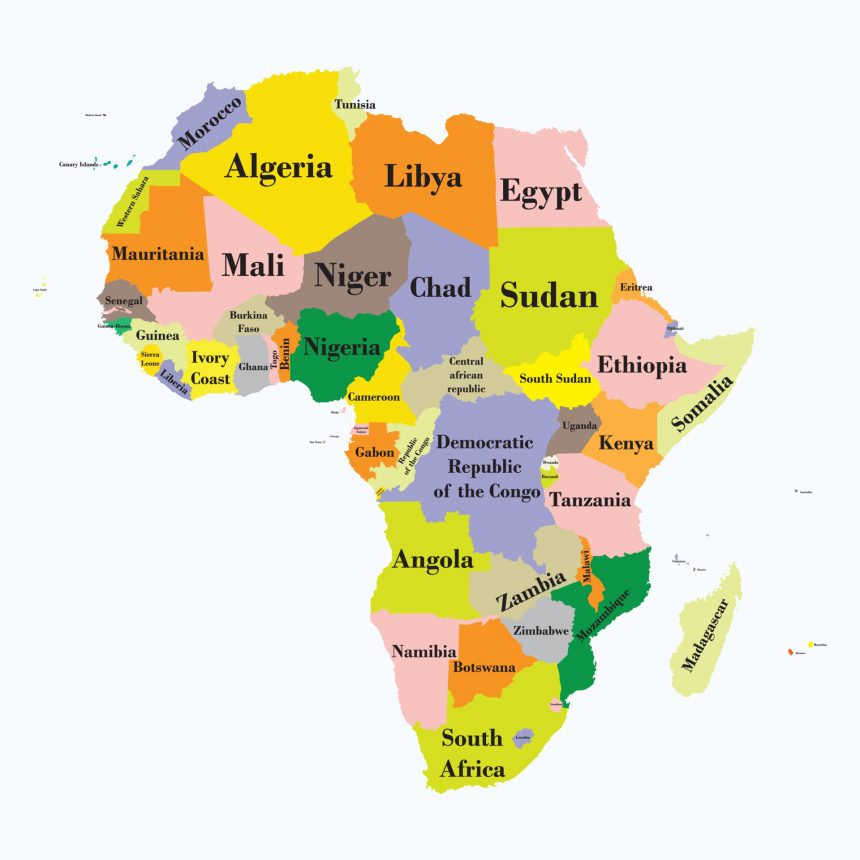Sub-Saharan Africa has experienced incredibly tumultuous times in its governance system in the past few decades. Political upheavals colored by mutinous military takeovers has become the norm in most African countries. In its long line of history, dating as far back to 1946, the region has suffered over 222 coup attempts, which represents almost half (44 per cent) of all coup attempts made globally. Sadly, the continent appears to be mired in an endemic “coup trap” with over 45 out of the 54 African countries having experienced one or more of these coup attempts.
The recent series of coup d’état in Africa is disruptive to its national and international relationships with other countries. One significant dimension of this disruption is the impact on free trade agreements (FTAs). Free Trade Agreements are international treaties that facilitate the exchange of goods and services among participating countries by reducing trade barriers such as tariffs and quotas. These agreements aim to promote economic growth, job creation, and the overall welfare of participating nations. FTAs are crucial instruments for promoting economic cooperation and trade liberalization among countries.
Impact of Coups on Free Trade Agreements
The occurrences of coups bear significant ramifications for free trade agreements. When coups occur, they send shockwaves through these agreements, affecting economies, trade partners, and regional stability. Nations, particularly surrounding countries, typically scramble to protect their national security by implementing security-driven measures such as border closures and trade limitations. These measures hinder the movement of goods and disrupt the supply chain of several commodities. Such outcomes promote economic uncertainty and trigger shifts in regional and global trade dynamics.
Additionally, the unconstitutional transition of power through coups trigger chaos, which on their own, create significant trade disruptions within the nation. In the wake of a military takeover, protests, violence, and governance changes may become commonplace in an affected country. A typical instance is the unprecedented violence that followed suit after the two military coups d’état in Burkina Faso in the year 2022, with over 762 fatalities by the military since they seized power. The implication of such a chaotic era is a disruption in the movement of goods and services, affecting trade partners both within and outside the affected country. Moreover, there emerges uncertainties about the governance and the future direction of trade policy. Such uncertainties inevitably lead to a decrease in foreign investment and economic growth in the region.
The aftermath of a coup in a country party to an FTA is the potential suspension or termination of that agreement. The political instability and uncertainty following a coup often lead to a reevaluation of trade relationships. Countries may suspend or terminate their FTAs to reassess their allegiance and commitments in the wake of a new government. The Thailand-European Union FTA negotiations which started in March 2013 but was suspended after May 2014’s coup d’état is a prime instance. The reevaluation often leads to the disruption of already-established supply chains and trade patterns, causing economic turmoil for all parties involved.
In some cases, the emergence of a new leadership post-coup may lead to the re-negotiation of existing FTAs. The new government may have different leadership styles and priorities, which could include revising the terms of trade agreements. This process can be lengthy and contentious, with potential winners and losers among trading partners depending on the new terms negotiated.
Furthermore, the aftermath of a coup can lead to shifts in geopolitical alliances. Countries may seek new trade partners or alliances that align with their post-coup objectives. This can result in a reshuffling of regional and global trade dynamics, potentially isolating some nations while benefiting others. For instance, the Niger coup and the attempted intervention of the Economic Community of West African States (ECOWAS). As a disciplinary action against Niger following their coup in 2023, ECOWAS had imposed travel and economic sanctions against the country. However, this sanction led to strife between African leaders and the formation of a separate regional bloc for countries under military regimes, isolating them from the greater benefit of being part of the ECOWAS and AU trade relations. As open trade relations thrive essentially on similar political ideologies and objectives, coups hinder meaningful progress and trade relations with other democratic nations.
The Imperativeness of Political Stability
It is increasingly clear that political stability is essential in order to enjoy the accrued benefits of the free trade agreements. The impact of coups on free trade agreements can never be overstated. Coups hinder foreign investment, trade relations, and decrease global trade competitiveness. It may also lead to FTA renegotiation and cause a shift in geopolitical alliances, which hinders regional economic growth.
African countries must recognize that recurring political upheavals in the continent bear significant implications on the AfCFTA and other beneficial free trade agreements, and equally on Africa’s positioning in world trade. It is high time that they realized that political stability is essential in order to enjoy the accrued benefits of free trade agreements. They must encourage and embrace peaceful transitions of power to safeguard trade routes. And in the aftermath of a coup, of which some African countries are in now, they must endeavour to adapt, negotiate, and find common ground in an ever-changing geopolitical landscape.
*Chiamaka Adinnu is a trade fellow at the Ominira Initiative for Economic Advancement. She is currently studying for a master’s degree in Food Safety and Quality Engineering.



Leave a Reply